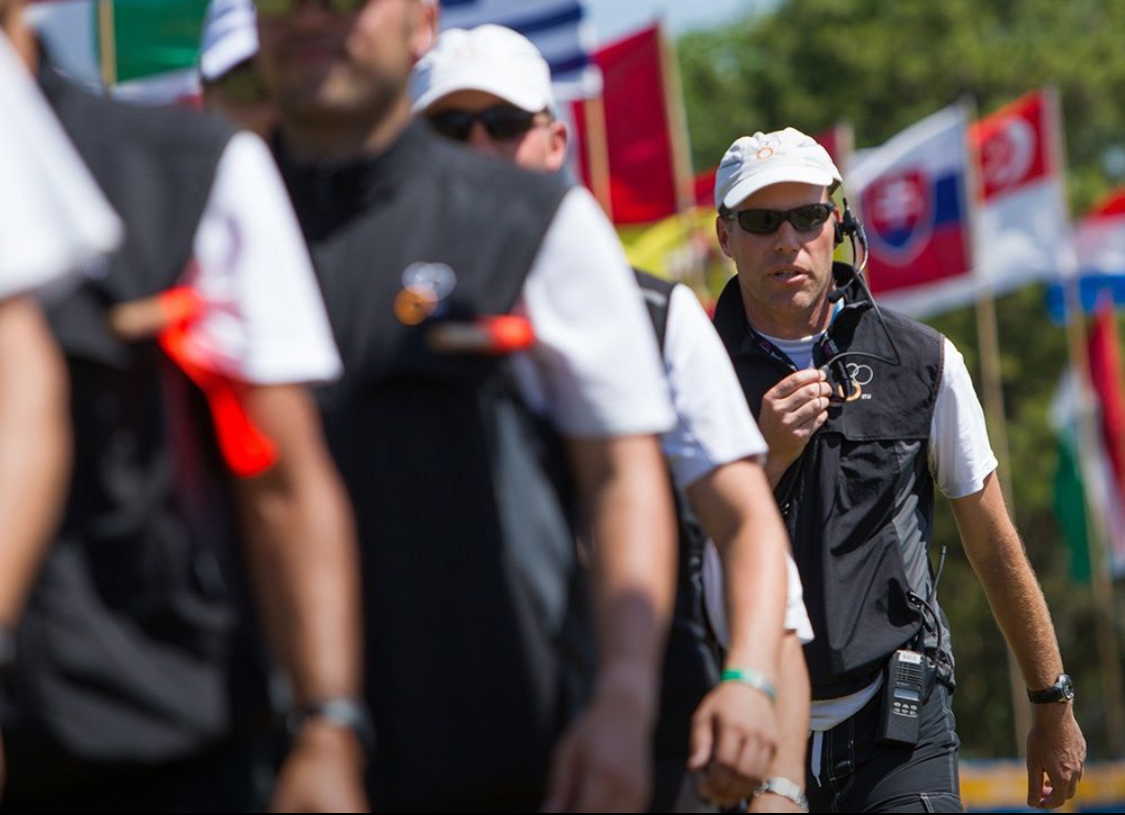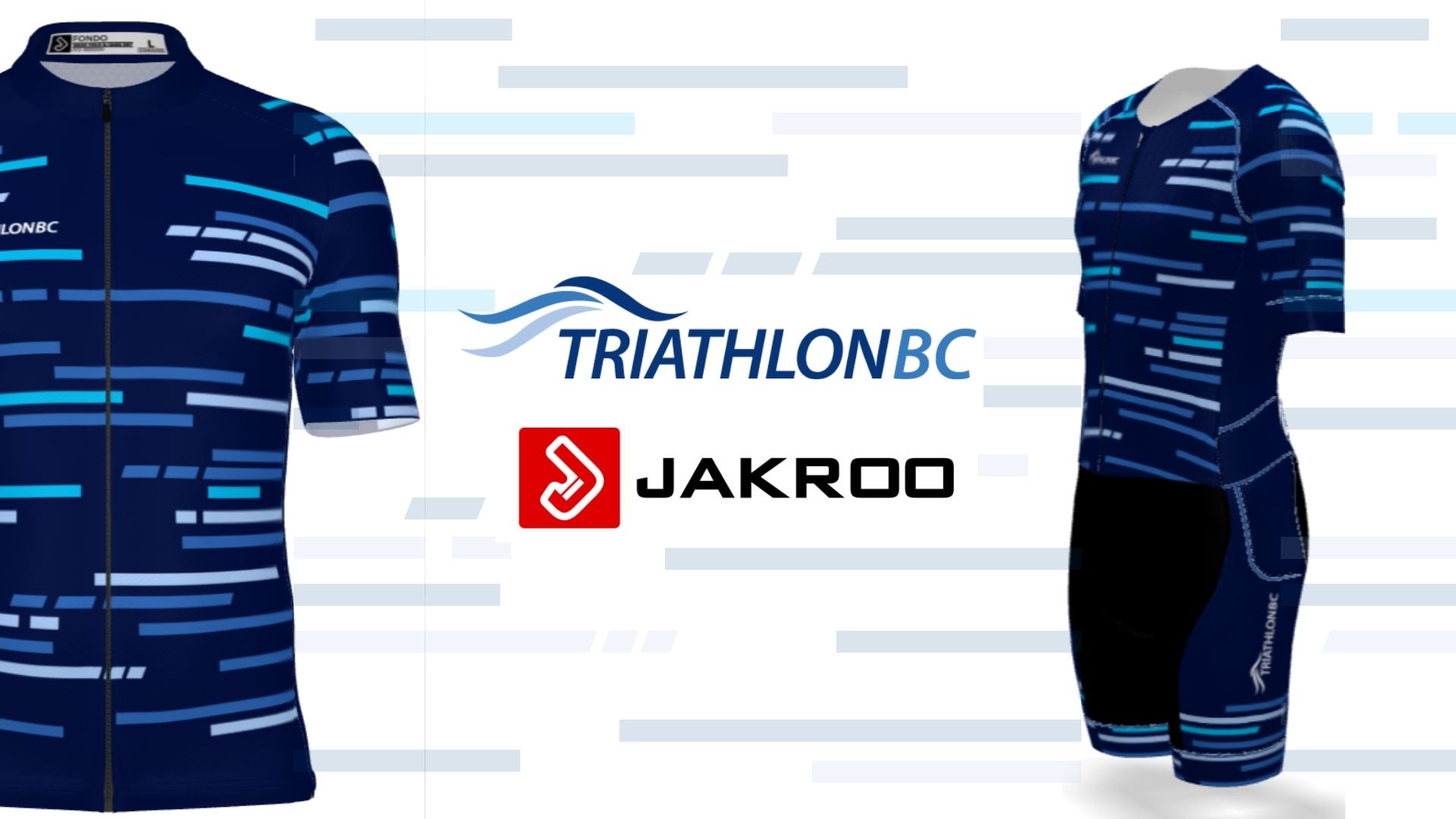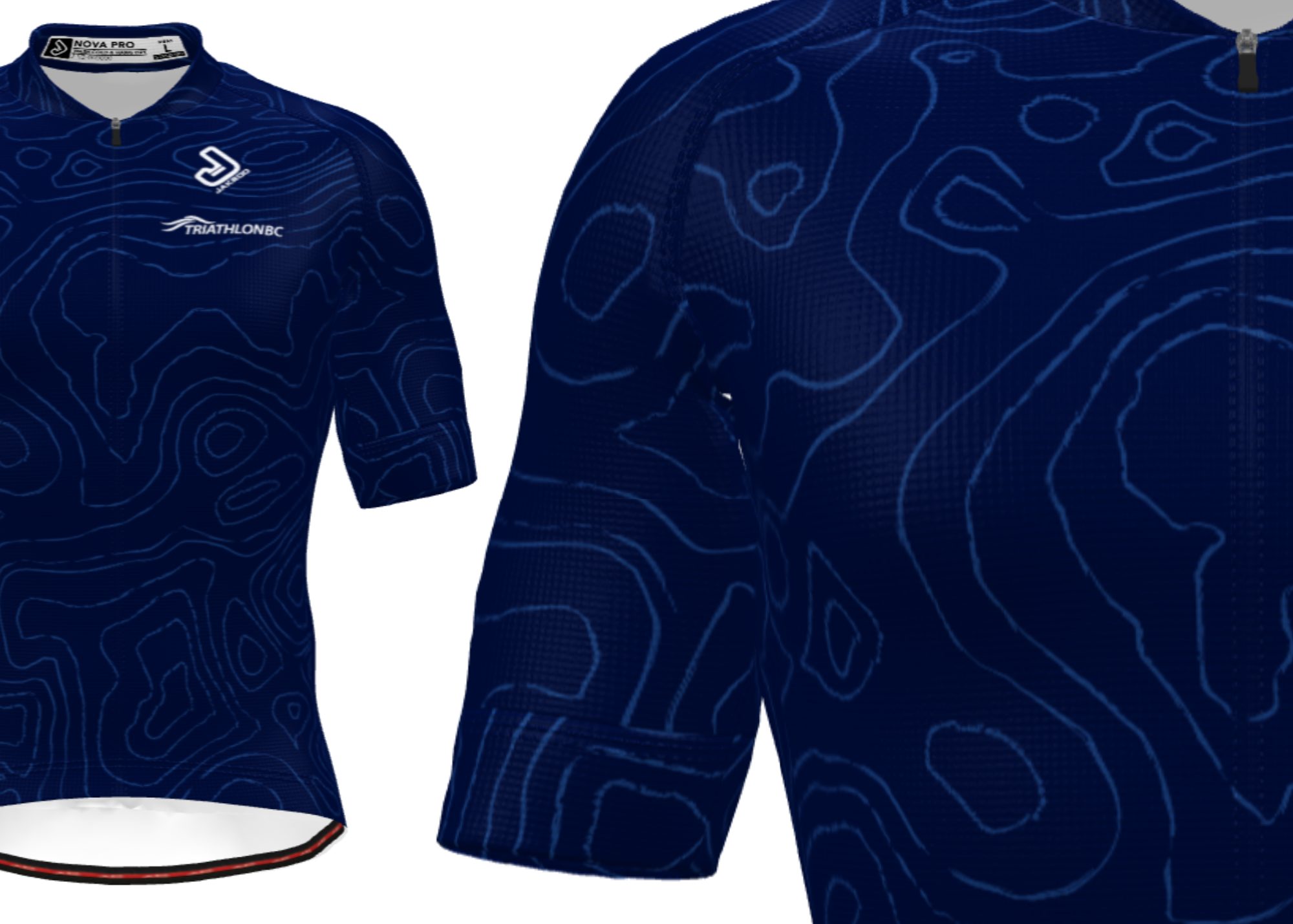Originally published by Triathlon Canada on May 13, 2025.
A self-described “mediocre” triathlete, Ulf Schuetze nevertheless earned moments of glory.
At the 2000 UBC Triathlon, for instance.
Schuetze — then 33 years old and a PhD student at the school — captured Age Group honours. “Which was great,” he recalls. “It was the only time I ever won anything.”
The spontaneous thrill of victory, however, was spoiled because, as he says, “the results were majorly delayed.” In fact, it wasn’t until he spied his name in the UBC newspaper three days later that he learned of his accomplishment.
Accustomed to the logistical standards in his native Germany where he swam competitively as a kid and raced triathlons as a young adult, Schuetze felt let down by local organizers. So, when he went to pick up his gold medal, he tracked down the race director, peppering him with questions and offering advice.
In turn, the race director told Schuetze that he should become an official – “Then you’re involved in the setup and you can ensure that the things you’re looking for are there.” Which, to Schuetze, made certain sense, especially given the times.
Triathlon, which had just become an Olympic sport, was beginning to crest in popularity. Simon Whitfield’s headline-grabbing performance – gold medal at the 2000 Summer Games in Sydney – took place that same year.
Ongoing already had been a drive in Canada for more officials, for more volunteers. “The sport was growing,” says Schuetze. “You could see how the races were getting bigger and bigger.”
So, as “part of that wave,” he took the preliminary steps for involvement as an official.
“That was how it started.”
A quarter-century later? Schuetze – now a Canadian citizen and a professor of applied linguistics at the University of Victoria – holds the distinction of World Triathlon 3B certification in officiating.
Which makes him a member of an awfully small club. He estimates there are only 20 officials on the planet who have reached that level – and just four, total, in the Americas.
No surprise, the gentleman is in demand, having lent his expertise to the 2014 Commonwealth Games in Glasgow, 2015 Pan-Am Games in Toronto, 2016 Olympics in Rio de Janeiro, 2018 Commonwealth Games in the Gold Coast, Australia, 2020 Paralympics in Tokyo, 2023 Pan-Am Games in Santiago, Chile.

Like everyone, though, early days were modest.
To get the hang of things, he enrolled in Triathlon BC’s introduction to officiating. The role was intriguing, and he was hooked.
Establishing order at an event? That is exactly the kind of goal that appeals to him. And making sure to get things right – despite a variety of courses and distances and athletes, despite being at the mercy of outdoor conditions – is a worthwhile challenge.
“I liked it,” says Schuetze. “I wanted to have consistency across races.”
For officials, there are two general areas – field of play, back of house. Some duties may be obvious, such as monitoring transition zones for violations, while others take place well behind the scenes. But all are critical to the smooth running of an event.
And while newcomers to officiating get to experience a range of tasks, Schuetze’s strengths often got him assigned the role of head referee. “Which I like because you mostly focus on the rules.”

Over the years, what has fascinated him is triathlon’s constant reinvention. Embracing groundbreaking aspects of the sport – Para triathlon, relays, multisport, super sprints – means the development, interpretation and application of fresh regulations. “That’s why I kept doing it,” he says. “Every few years, there was a new type of race. You would just finish, then there’s something else. That keeps it interesting.”
Indeed, when asked for a career highlight, Schuetze points to the 2023 Super Sprint World Championships in Hamburg, Germany.
There had been potential for chaos. For this exciting branch of the sport — featuring extremely short stages (swim 300 metres, bike 6.5 to 8 kilometres, run 1.7 to 2.1 kilometres) — there is a single course, with multiple heats for elite, relay and age-group racers. “But after four days, we felt, ‘You know what? We’ve done a really, really good job as a team, making sure this new format went really well,’” says Schuetze. “And the feedback from the athletes was absolutely positive.”
His own responsibilities continue to evolve.
At 57 years old — and as Triathlon Canada’s first-ever chair of the technical committee — he acknowledges a shift to more office work.
“When you’re older, that’s a more attractive way of staying in touch with the sport,” he says, laughing and pointing out that, over the years, 14-hour days in the wind and rain have lost their novelty. “It’s time to transition.”
Yes, he is officiating yet another new format, the T100 Triathlon — swim two kilometres, bike 80, run 18 — in San Francisco in May, but more than ever, his focus is sharing knowledge with athletes, coaches and officials, arranging professional development, establishing in-house protocol and policies.
And, of course, casting a wide net for recruiting the next class of officials. Background, he insists, is not a factor.
“Some, like me, have raced themselves,” says Schuetze. “Others have someone in their family who raced, so they’re just going to the race anyway, then they actually see, ‘Oh, there’s people officiating, people volunteering. Maybe it’s something that I can do.’”
For someone eager to learn, officiating can be a unique pursuit — and a rewarding experience.

“It’s a good way to stay in touch with the sport,” says Schuetze. “When you do a race and you did well and the team did well, it feels good. You also have races that are no good at all, but the good races outweigh the bad ones, for sure.”
He laughs. “And it’s very educational. You learn how to drive any vehicle — golf cart, scooter, boat, jet-ski — which you probably wouldn’t otherwise.”




